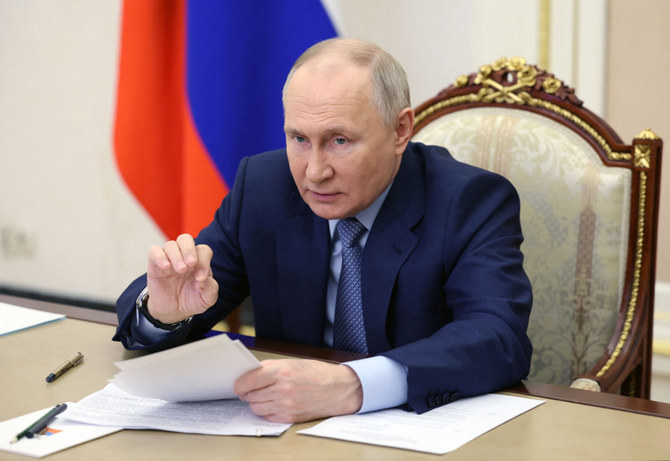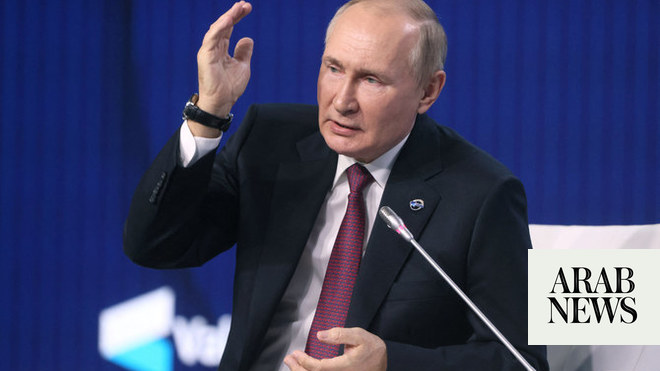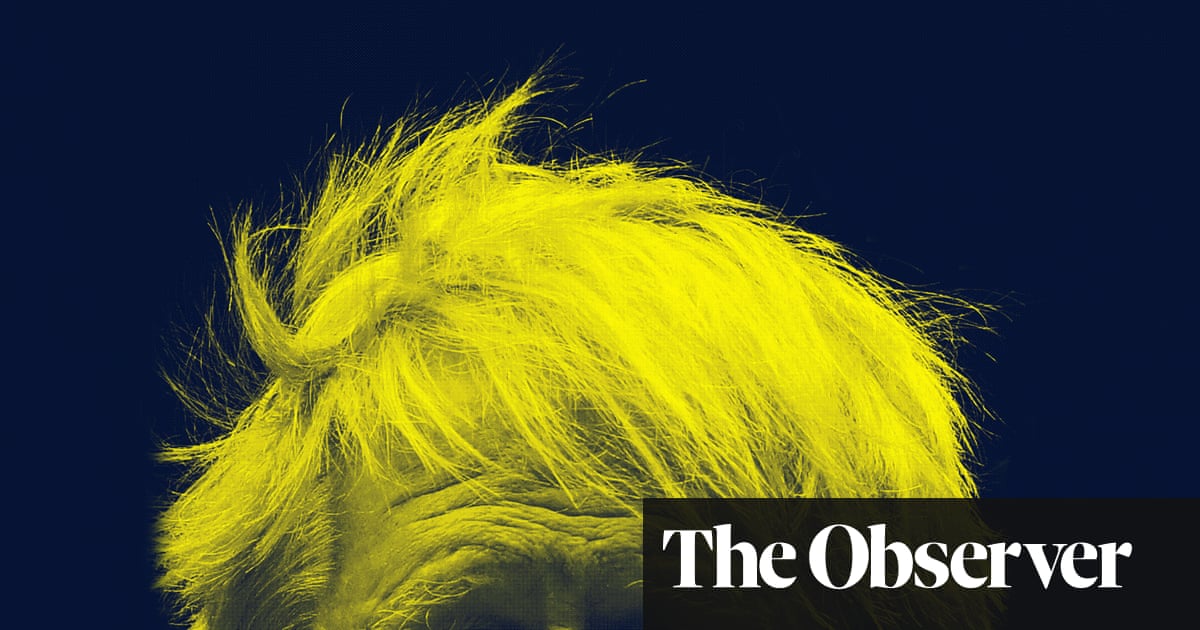
President Donald Trump’s contemptuous treatment of the US’s European allies has created a unique opportunity for warmer relations between the European Union and Russia. There’s just one very big obstacle: Vladimir Putin.
Post-Cold War Europe has anchored itself to the US, especially to its military might. More recently, however, these ties have increasingly had a downside, including pressure to take part in iffy American military adventures in the Middle East and Trump’s imperious demands that Europeans pay more for protection. The Trump administration gave Europeans every reason to doubt the president’s commitment to alliances and international rules as he pulled out of one painstakingly constructed deal after another. The most recent demonstration of the US’s perception of its new role on the continent came from the ambassador to Germany, Richard Grenell, who said he’s trying to “empower” right-wing forces in Europe.
German Chancellor Angela Merkel has called on Europeans to take their fate into their own hands, but that’s much easier said than done: The EU is unable to ensure its security, and the U.S. has a powerful influence over its financial system.
But imagine for a moment that Russia was a democratic nation run by a liberal government committed to the same deals as Europe, such as the Iran denuclearization agreement and WTO trade rule (if a specific image helps, picture President Alexei Navalny or President Boris Nemtsov sitting in the Kremlin). This Russia would still be a fearsome military power, but it would have a fast-growing, competitive economy that has turned its natural-resource wealth into a surge of innovation. This fantastical Russia -- which, of course, wouldn’t have invaded any neighboring countries -- would naturally offer itself as a more reliable partner to Europe than the US Europeans would be tempted to do a win-win deal, providing Russia with access to the enormous EU market in exchange for security cooperation, for example in setting up a European military. There would even be areas of immediate compatibility: Some Eastern European armies continue to use Russian-made and designed equipment.
Gradually, an alternative to the capricious US hegemony would emerge. The new superpower could compete in economic terms (the EU plus Russia would control about 27 percent of the combined GDP of the G-20, while the US would command 28 percent), military might, resource wealth and technological talent (Russia’s digital expertise would be used for peaceful purposes rather than to hack adversaries’ networks). Russia would be a much more logical partner for the EU than China, which is actively looking to step up cooperation with Europe because of Trump’s threatening behavior.
Putin senses the historic opportunity. At the recent St. Petersburg Economic Forum, which featured a group of national leaders who had been slighted by Trump, Putin half-joked to French President Emmanuel Macron: “Europe depends on the U.S. for security. But don’t worry about that, we’ll help, we’ll provide security.”
In an interview with the Austrian TV channel ORF on Monday, Putin went out of his way to assure Europeans that he wasn’t out to undermine the EU, if only because Russia keeps 40 percent of its international reserves in euros: “We want to see a united and prosperous European Union, because the European Union is our biggest trade and economic partner. The more problems there are within the European Union, the greater the risks and uncertainties for us.”
But Putin is incapable of delivering an alternative to the US, just because he is who he is -- a thuggish, dissembling authoritarian ruler. That’s why Macron bristled at the Putin quip, saying that France could protect itself and that it had obligations to its European allies. That’s why Putin’s pitch left his Austrian interviewer, Armin Wolf, unimpressed. The journalist proceeded to grill him about Ukraine, his support of the Assad regime in Syria and the suppression of the opposition in Russia.
Putin’s record of aggression, his habitual evasions, the difficult-to-explain wealth of his friends and the obvious plight of his political opponents make a European rapprochement impossible. “Both hardliners and Russia-friendly voices in the EU tend to equate dialogue and engagement with compromise and even appeasement,” Andras Racz and Kristi Raik wrote in a recent report for the Estonia-based International Center for Defense and security.
There’s more stigma attached to appeasing Putin than to appeasing Trump. One reason is that waiting for the Trump presidency to be over looks like a better strategy than waiting for a post-Putin Russia that would align with European values. There’s a chance the next US president wouldn’t be much better than Trump. On the other hand, it’s not clear Putin intends to cede power when his current term ends in 2024. He wouldn’t give Wolf a straight answer.
Russia and Europe are natural allies for a multitude of geographic, economic, cultural and military reasons. This was widely acknowledged during Russia’s brief experiment with freedom in the 1990s, even if European leaders had few reasons then to seek alternatives to the US or to draw a destitute, messy Russia into the EU’s orbit.
Of all the misdeeds history will lay at Putin’s door, this one will probably be judged the most profoundly damaging to Russia’s true national interests. Even if Russia changes course after he’s gone, an opportunity for a union with Europe like the opening provided by Trump’s anti-European policies may not present itself again for a long time.(Bloomberg)












